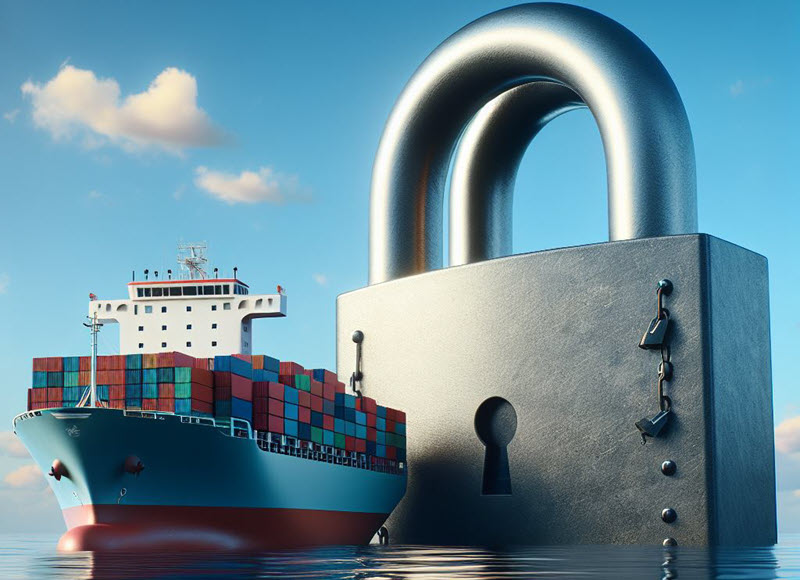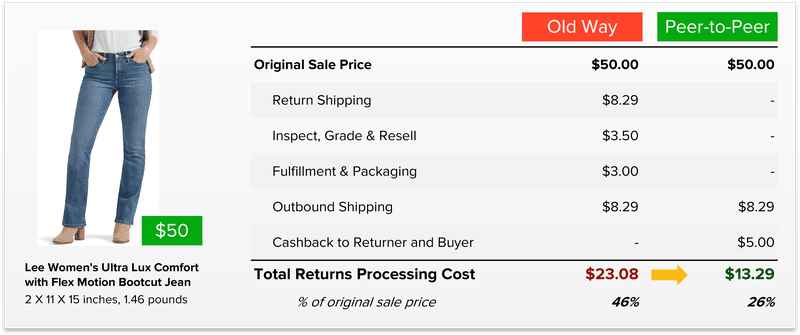Tariff Squeeze: How Can Retailers Still Remain Profitable

Last updated on February 7, 2025

Recently, tariffs have become a big topic in conversations about trade worldwide. A post by Manish Chowdhary on LinkedIn got many people talking about how tariffs affect goods from China and change how companies get their products. As governments change trade rules to help their businesses, companies face higher costs and issues getting supplies. This new situation means that businesses must think carefully about where they get their products and how to manage risks.
The Rising Impact of Tariffs
Tariffs are designed to level the playing field for domestic producers and counteract perceived unfair trade practices. However, their real-world impact is far more complex. As Chowdhary’s post highlights, the imposition of tariffs on Chinese goods has resulted in a noticeable slowdown in Chinese import activity. This deceleration is not just a matter of shifting numbers on a balance sheet—it signals a significant transformation in the global trade ecosystem.
Rethinking Global Supply Chains
China has been the go-to place for manufacturing for many years because it provides cheaper products and many options. Companies relied heavily on Chinese factories to keep prices low. But now, with tariffs raising the cost of imports, businesses have to rethink their dependence on China. These changes affect prices, increasing operating costs and lengthening lead times, creating challenges in markets where every penny counts.
Diversification as a Strategic Imperative
Because of these tariffs, companies are looking for new ways to get their products. This means finding different suppliers to avoid being too dependent on one country. By spreading out their production, businesses can protect themselves from sudden changes in trade rules. This new strategy could also lead to exciting innovations as companies use technology and data to be more flexible. This shift towards a more diversified yet efficient supply chain model could foster a new era of innovation as businesses invest in technology and data analytics to enhance flexibility and responsiveness.
Leveraging Technology and Data Analytics
Looking for suppliers in different countries forces businesses to examine their supply chain management closely. Tariffs drive this change, so companies invest in technology that helps them predict problems and handle their inventory better. A strong, data-driven approach to supply chain management is becoming essential in a world where trade rules can change quickly. Advanced technology can help spot potential issues and provide helpful information so businesses can stay agile.
Global Trade Implications
These changes due to tariffs can also affect how countries collaborate in trade. While tariffs aim to protect local markets, they can also create tension between countries. Fewer imports from China might lead to retaliations or more trade barriers, making international trade more complicated. Therefore, business leaders and policymakers must balance helping local industries and maintaining good trade relations with other countries.
Building Resilience in a Shifting Landscape
The need for businesses to be strong and adaptable has never been more critical. Companies willing to change and find new solutions can turn challenges into advantages. By rethinking how they source products and using new technologies, businesses can handle the challenges brought on by tariffs and set themselves up for future growth. This situation teaches us the importance of being flexible, ready, and open to change.
Conclusion: Adapting for Future Success
Manish Chowdhary’s post highlights a crucial moment in global trade. Tariffs have changed the amount of goods from China, forcing businesses to think critically about their supply strategies. As companies face these challenges, finding new suppliers, using advanced technology, and being flexible are essential. The future of trade will belong to those who can notice changes, adapt quickly, and turn challenges into chances for success. In a world where trade rules constantly evolve, the ability to innovate and rethink supply chains isn’t just an advantage—it’s a must.

Up to 64% Lower Returns Processing Cost


 3 minutes
3 minutes